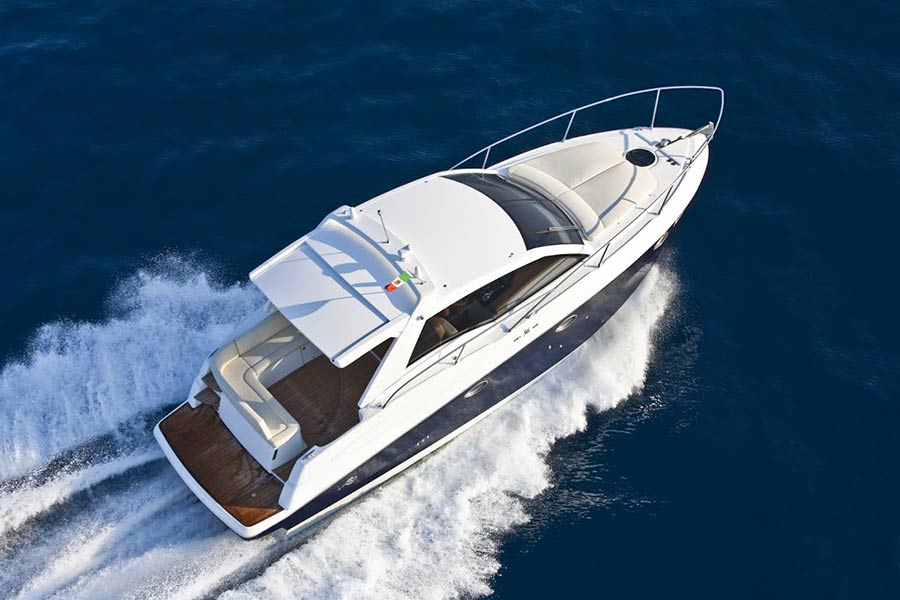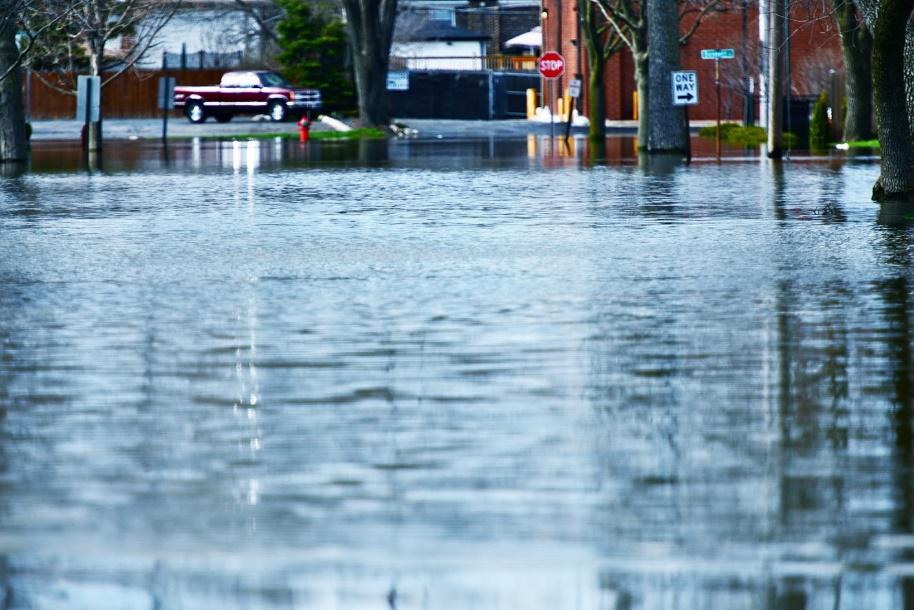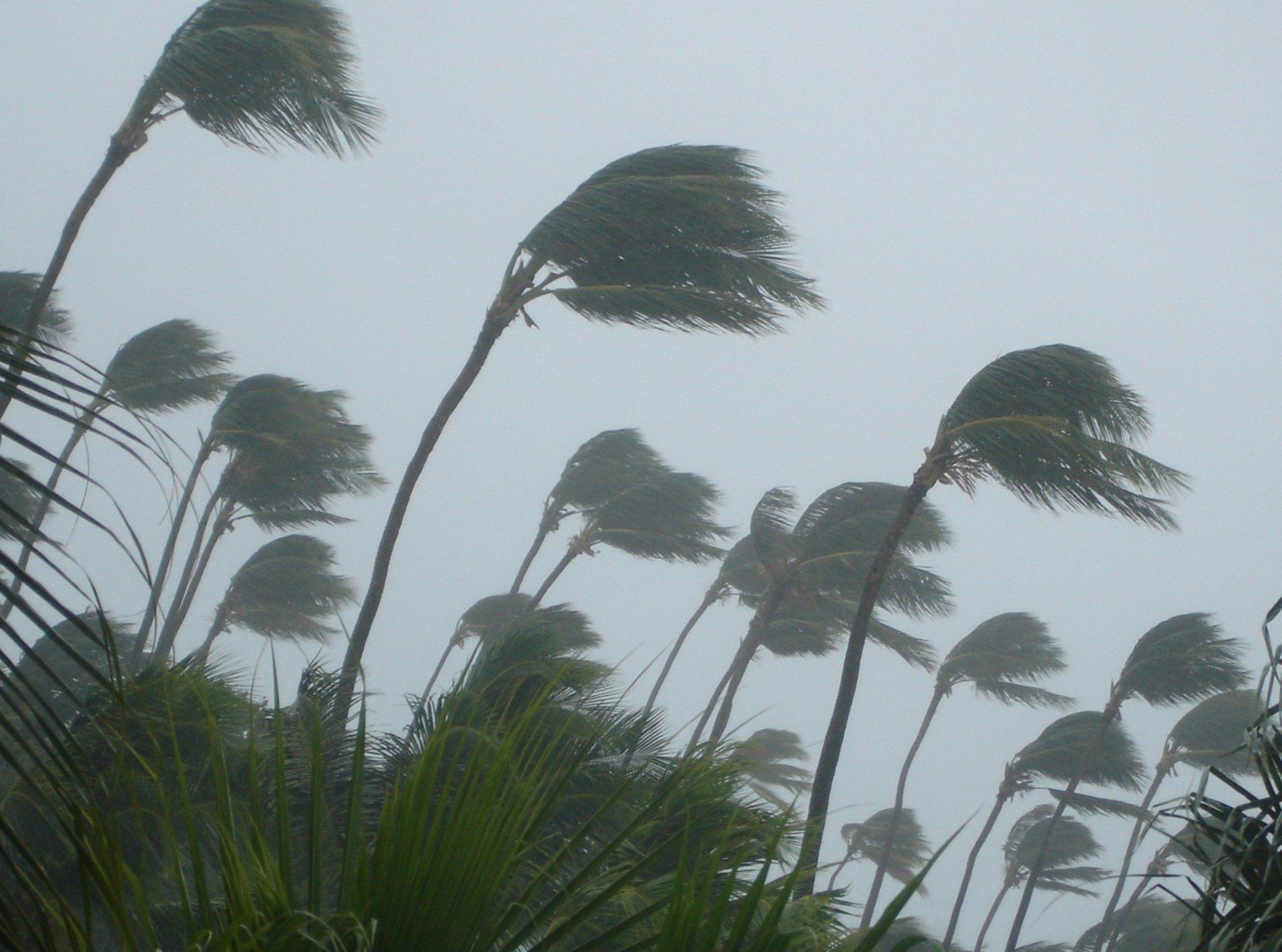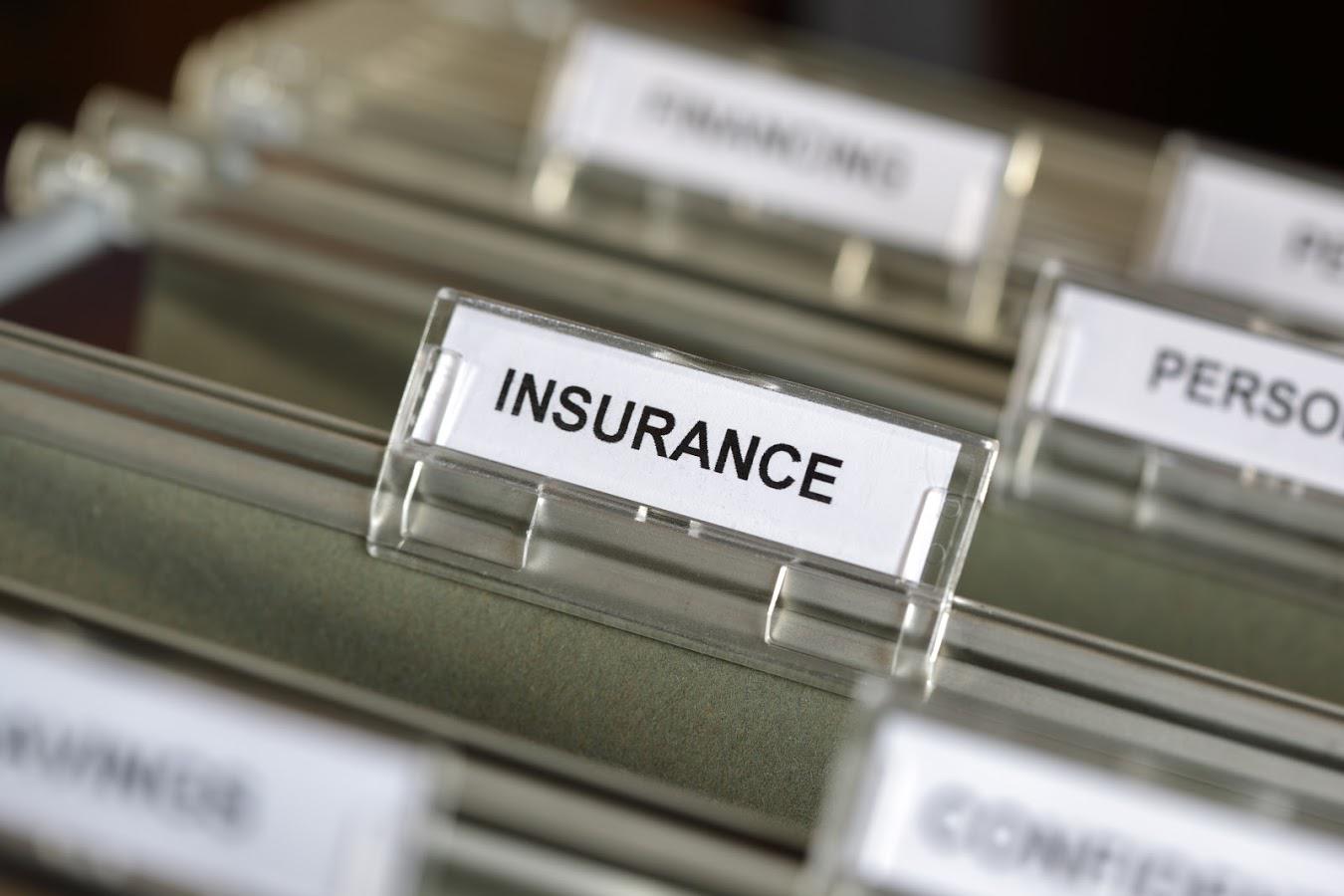Boat Insurance Questions | Livings Insurance
- By Admin
- •
- 22 Oct, 2018
5 Boat Insurance Questions to Answer Before Getting on the Water

Boat owners need insurance to cover both against monetary loss if anything happens to their boat or if they get involved in a liability case if
someone is injured. But, unlike many other kinds of residential insurance, boat insurance is actually a complex product that may or may not
protect all your activities.
To help you ensure the right amount and type of insurance for your watercraft, here are five things you need to discuss with your agent.
1. When Can I Go Out?
Boat insurance agencies are aware of the fact that many boat owners like to take their boats out on the water when the weather is nice and store
their boat when the weather turn colder. The various insurance agencies out there usually factor this information in when pricing their coverage,
and they often have stipulations that the boat will not be covered during certain "lay up" months.
However, in Florida, you may have nice weather all year round and, therefore, want to take your boat out during those lay up months. You will
need to know if your insurance policy will cover any losses during these off months.
2. Where Can I Go?
Are you aware of the geographical restrictions of your boat policy? Most insurance providers will cover you in the inland waters of Florida and
the rest of the United States. But you may have restrictions on how far up and down the coast you can venture as well as how far out into the
ocean you can go.
There are generally specific exclusions for dangerous conditions and territories as well. If you want to sail farther out into the world, you may need to pay for a policy with a larger territory allowed.
3. What Belongings are Covered?
As with an auto policy, your boat policy may not cover all your belongings inside the craft. If you just jaunt out for fun every now and then on the
lake, this policy might not be a big deal. But, if you're a more serious sportsperson and have expensive fishing equipment and electronics on the
boat, it could become a pricey risk. You can generally get additional homeowners or boat coverage for damage, loss, or theft of these items.
4. What About During Towing?
Whether your boat is on land or in the water will make a difference in what insurance covers it. When attached on a trailer to your personal
vehicle, the auto insurance is likely the primary source of coverage.
Assess the limitations and coverage rules for your car or truck insurance to ensure that they are high enough to cover a loss on the towed boat.
5. How Much Will I Get for a Loss?
Finally, go over the compensation method outlined in your policy in the event your boat is totaled. Most boat coverage offers two choices for
being paid out: agreed value and market value.
An "agreed value" occurs when you and the insurance provider agree on a simple dollar amount for the coverage if something happens. Market
value policies rely on external appraisals of the boat's value if you were to buy the exact same make and model. The problem some owners face is that with depreciation, you may not get enough to purchase a new boat.
To learn more about any of these aspects of boat insurance, call Livings Insurance today. We can offer free quotes right on the phone, or we can
sit down with you to discuss what you need to know to choose the right coverage for all your home, boat, and auto insurance needs.
someone is injured. But, unlike many other kinds of residential insurance, boat insurance is actually a complex product that may or may not
protect all your activities.
To help you ensure the right amount and type of insurance for your watercraft, here are five things you need to discuss with your agent.
1. When Can I Go Out?
Boat insurance agencies are aware of the fact that many boat owners like to take their boats out on the water when the weather is nice and store
their boat when the weather turn colder. The various insurance agencies out there usually factor this information in when pricing their coverage,
and they often have stipulations that the boat will not be covered during certain "lay up" months.
However, in Florida, you may have nice weather all year round and, therefore, want to take your boat out during those lay up months. You will
need to know if your insurance policy will cover any losses during these off months.
2. Where Can I Go?
Are you aware of the geographical restrictions of your boat policy? Most insurance providers will cover you in the inland waters of Florida and
the rest of the United States. But you may have restrictions on how far up and down the coast you can venture as well as how far out into the
ocean you can go.
There are generally specific exclusions for dangerous conditions and territories as well. If you want to sail farther out into the world, you may need to pay for a policy with a larger territory allowed.
3. What Belongings are Covered?
As with an auto policy, your boat policy may not cover all your belongings inside the craft. If you just jaunt out for fun every now and then on the
lake, this policy might not be a big deal. But, if you're a more serious sportsperson and have expensive fishing equipment and electronics on the
boat, it could become a pricey risk. You can generally get additional homeowners or boat coverage for damage, loss, or theft of these items.
4. What About During Towing?
Whether your boat is on land or in the water will make a difference in what insurance covers it. When attached on a trailer to your personal
vehicle, the auto insurance is likely the primary source of coverage.
Assess the limitations and coverage rules for your car or truck insurance to ensure that they are high enough to cover a loss on the towed boat.
5. How Much Will I Get for a Loss?
Finally, go over the compensation method outlined in your policy in the event your boat is totaled. Most boat coverage offers two choices for
being paid out: agreed value and market value.
An "agreed value" occurs when you and the insurance provider agree on a simple dollar amount for the coverage if something happens. Market
value policies rely on external appraisals of the boat's value if you were to buy the exact same make and model. The problem some owners face is that with depreciation, you may not get enough to purchase a new boat.
To learn more about any of these aspects of boat insurance, call Livings Insurance today. We can offer free quotes right on the phone, or we can
sit down with you to discuss what you need to know to choose the right coverage for all your home, boat, and auto insurance needs.

The body content of your post goes here. To edit this text, click on it and delete this default text and start typing your own (or paste your own from a different source).
To control the color or size of this text, please change the global colors or text size under the Design section from the left menu of the editor.
To control the color or size of this text, please change the global colors or text size under the Design section from the left menu of the editor.











